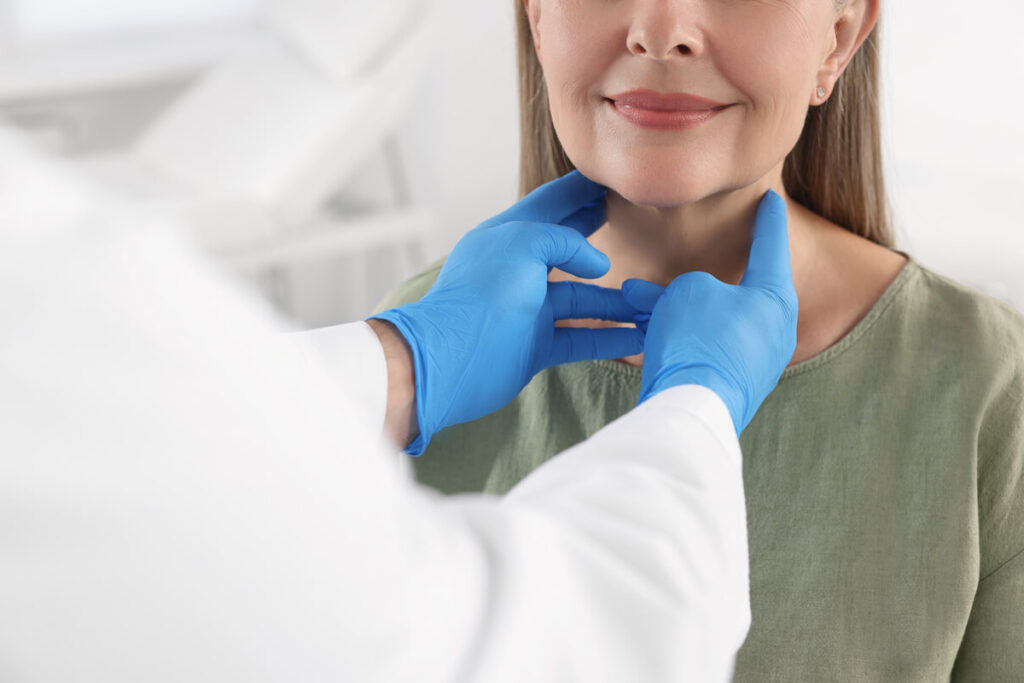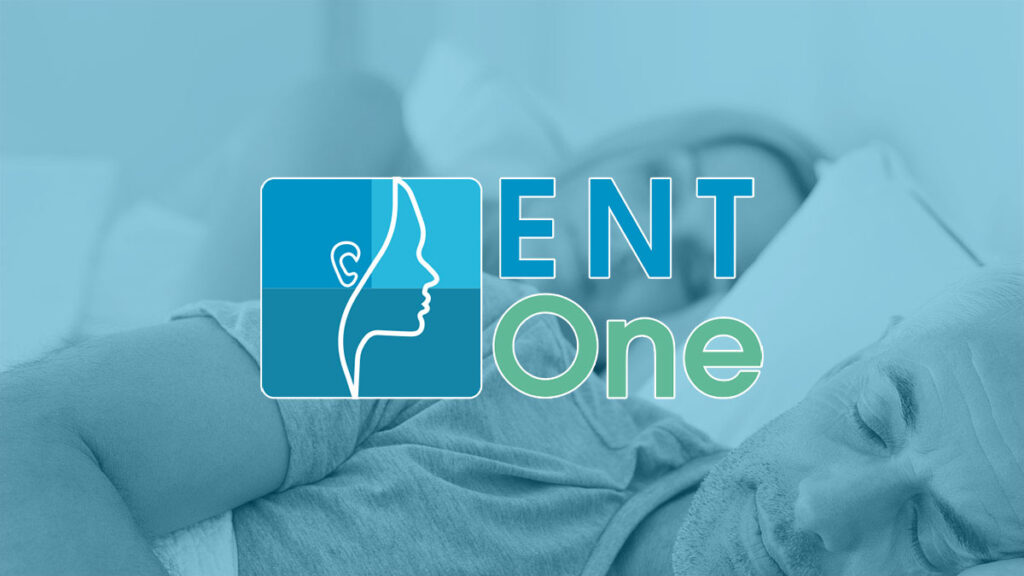Tonsillectomy is a surgery that ENT surgeons do for pediatric and adult patients.There are a variety of reasons why a tonsillectomy or tonsillectomy and adenoidectomy are performed. These are mainly related to recurrent infections or difficulty breathing at night.
How Long Is the Recovery After Tonsillectomy?
The pain after tonsillectomy worsens over several days and then starts to improve. Typically, this course of worsening and then improving takes 7-10 days in adults and 4-6 days in children. Teens are somewhere in between. Referred pain to the ears is very common. Children are prone to running a fever after surgery, this generally does not indicate an infection, rather it is due to inflammation where the tonsils used to be. This improves as healing progresses.
What Pain Medications are used After Tonsillectomy Surgery?
Children and adults are managed differently after tonsillectomy surgery.
Children under 12 are not recommended to receive narcotic medications. The best treatment is scheduled Tylenol and Ibuprofen along with hydration.
Adults are usually managed with scheduled Celebrex and Tylenol along with Tetracaine lollipops and limited amounts of narcotics if absolutely necessary. We find that staying hydrated decreases pain and fever. Your doctor will review how to use postoperative pain medications and if they are not helping enough, please contact us.
Does My Child Need to Restrict Their Diet after Surgery? What about straws?
Children and adults can eat anything soft for the 2 weeks after surgery. While there are data that suggest it does not matter what you eat after tonsillectomy, we find that soft, cool foods are more comfortable. Make sure the patient drinks plenty of fluids like water or non-sour juices. Ice cream, yogurt, and popsicles have large amounts of water and generally feel better in the throat. Straws are fine to use.
Any Restrictions on Activity After Tonsillectomy?
We ask that patients of all ages do not take part in exercise or vigorous activity for 2 weeks after surgery. After 2 weeks, restrictions on activity, medications and foods end. No travel is allowed for 2 weeks after surgery unless cleared by the physician. This is in case any complications arise.
Disclaimer: This is general information and not a substitute for professional medical advice. All advice and suggestions offered via the website or newsletters should be discussed with a physician prior to being implemented. Always consult a physician for specific guidance, especially if you have any pre-existing conditions. SurgOne, PC and ENTOne PC are not liable for any adverse reactions that may occur by implementing advice or suggestions that appear here.






